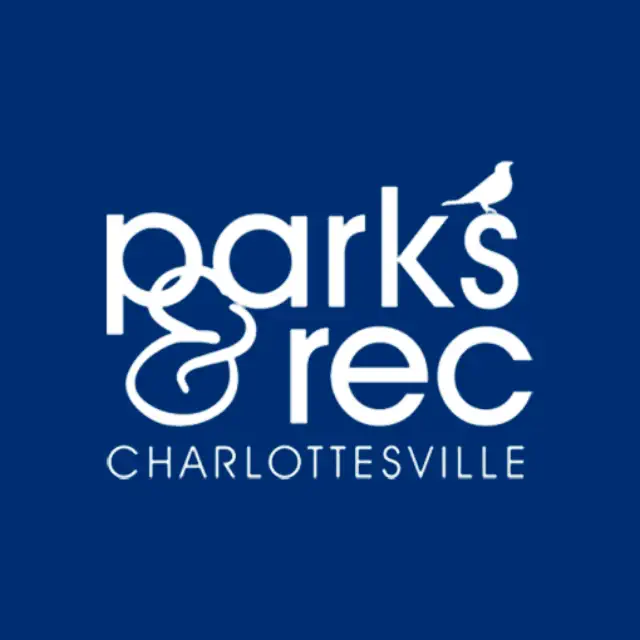In this week’s edition of The Prototype, we look at how too much reliance on AI assistants could make it harder to think, a company building bioengineered arteries, the role viruses play in Alzheimer’s and more. You can sign up to get The Prototype in your inbox here.
New AI tools are slowly becoming ubiquitous, being added to the software and hardware we use every day (sometimes whether we like it or not). But if we’re using artificial intelligence to perform tasks, search for information and solve problems, what does that mean for the intelligence we’re born with?
To figure this out, a team of researchers conducted a study involving 666 individuals ages 17 and up, representing a diverse population. It first evaluated the extent to which each of them made use of AI tools, then tested their critical thinking skills. The results of the study, which were published in the journal Societies, found that those who used AI tools a lot showed worse critical thinking abilities than those who didn’t use them often or at all. Whether someone used AI tools was a bigger predictor of a person’s thinking skills than any other factor, including educational attainment.
This occurs due to a process known as "cognitive offloading," wherein individuals outsource their thinking and problem-solving tasks. Regular reliance on cognitive offloading can diminish one's capacity for independent thought and problem resolution. The authors of the study noted, "This dynamic highlights the dual nature of AI technology. Although it boosts efficiency and ease of use, it unintentionally cultivates a reliance that may weaken critical thinking abilities as time goes on."
These results align with previous research indicating that AI tools may adversely affect critical thinking abilities. Nevertheless, the authors highlight that some studies suggest these tools can be advantageous when they support critical thinking instead of replacing it. "Further research should investigate methods to incorporate AI tools in ways that boost cognitive involvement rather than obstruct it," they stated. "It is essential to prepare the upcoming generation with the skills needed to maneuver through a progressively intricate digital environment."
Keep watching for updates.
Ready-Made Bioengineered Arteries for Trauma Victims
Every year, thousands of Americans receive traumatic injuries that damage the arteries that crucially carry blood to their limbs. When these occur, patients basically have three options, Laura Niklason, CEO of regenerative medicine startup Humacyte, told me: they can have a vein grafted from another part of their body, which takes extra time and causes additional trauma; the surgeon can replace the artery with a synthetic plastic one, which creates a high risk of infection; or the limb can be amputated.
Niklason presents a fourth alternative: her company has created a bioengineered artery known as Symvess, which can be surgically inserted into a patient’s body. This innovative solution aids in preserving the limb while also minimizing the chances of infection. Symvess is made from human donor cells cultivated in a laboratory on a biodegradable scaffold, produced in batches of 200. As time progresses, these cells reconstruct the physical framework of a blood vessel. After this process is complete, the living cells are removed, leaving behind the artery structure that can be safely implanted in a new patient without the risk of rejection. Subsequently, the cells from the patient's body fill the implant, effectively regenerating a new artery.
Last month, Symvess was approved by the FDA for use in patients with traumatic injuries. That approval was based on studies that showed that the product, which has been implanted in over 600 patients so far, is significantly less likely to cause infection or lead to limb amputation compared to conventional synthetic arteries made from plastic.
In its upcoming initiatives, the company plans to collaborate with Medicare and private insurance providers to secure coverage for transplant procedures involving Symvess. Additionally, it is undertaking research to explore the application of Symvess in patients undergoing kidney dialysis and those suffering from pulmonary arterial hypertension. Furthermore, the company is in the process of creating a more compact version of its product, which may be suitable for heart bypass patients.
"This technology is genuinely unprecedented, and the FDA required extensive data review before they felt assured enough to approve it," remarked Niklason. "I’m really pleased to be part of this."
WEEKLY DISCOVERY: DORMANT VIRUSES COULD TRIGGER NEURODEGENERATIVE DISEASES
It’s long been known that repeated head injuries can lead to neurodegenerative diseases like Parkinson’s, Alzheimer’s and CTE. But it wasn’t clear exactly how that happened. New research suggests the answer may be dormant viruses, particularly herpes simplex 1, which is found in the brains of over 80% of the population. These findings were reached by growing small tissue models of the brain, some with the herpes virus and some without, which were then struck repeatedly with a piston to mimic concussion.
The study, which was published in Science Signalling, found that the brain tissues with the virus developed signs of Alzheimer’s disease, while those without did not, and that the damage was markedly increased with repeated blows. The researchers plan to conduct future studies that explore whether exposure to antiviral or anti-inflammatory drugs shortly after an injury could help prevent the onset of Alzheimer’s.
LAST BOUNDARY: TESTING WATER-BASED PROPULSION SYSTEMS
Japanese startup Pale Blue announced it has signed a deal with Italy-based company D-Orbit to conduct two demonstrations in-orbit of its new ion thruster, which allows satellites both to maneuver and to take themselves out of orbit at the end of their life. Pale Blue’s thruster uses water as a propellant, which potentially offers a cleaner and more sustainable fuel for small satellites.
HERE'S WHAT I WROTE THIS WEEK
In my other newsletter, InnovationRx, my colleague Amy Feldman and I covered a number of healthcare stories, including a drug that significantly improves survival for lung cancer patients, the controversy over pulse oximetry technology and a new study that finds that while LLMs are good at answering medical exam questions, they’re much less proficient at making diagnoses from patient conversations.
SCIENCE AND TECHNOLOGY BITS
My colleague Jeremy Bogaisky reports that online retailers like Amazon and Alibaba are selling technology that protects drones from having their signals jammed or being remotely taken over.
Ai startup Anthropic’s new funding round will make all seven of its founders billionaires, write my colleagues Alex Konrad and Phoebe Liu.
Researchers developed a technique for refrigerating quantum computers in a way that reduces errors and could potentially make them more reliable.
Eating grapefruit can interfere with the action of several kinds of medications, including anti-anxiety drugs and statins. But new research suggests it may be possible to grow a variety of the fruit that doesn’t interfere with prescription drugs.
Biologists successfully transplanted chloroplasts–the cells that power photosynthesis– from algae into hamsters, where they successfully functioned for about three days.
Scientists at Northwestern University built a battery that uses triphenylphosphine oxide, a common industrial waste product, to store energy instead of metals.
PRO SCIENCE TIP: MOISTEN YOUR COFFEE BEANS WITH WATER
Here’s an easy tip to enhance the flavor of your morning cup of coffee: add a little water to the beans before you grind them. This isn’t a new idea–among coffee professionals this is known as the “Ross Droplet Technique”–but new research gives scientific backing to the idea. When beans are ground, they build up a static electric charge, which causes clumping and inconsistent extraction during the brewing process. In new research published in the journal Matter, scientists found that the Ross Droplet Technique reduced the static charge during grinding, producing a better-tasting coffee.
WHAT'S CAPTURING MY INTEREST THIS WEEK
I’ve been listening to the concept album Epic by Jorge Rivera-Herrans. It’s a musical-style adaptation of The Odyssey, telling the tale of Odysseus from the end of the Trojan War until his return home to Ithaca. The album is divided into nine sagas of a few songs each, serving as chapters in the story. It’s an amazing version of one of humanity’s oldest stories, and it’s appropriate for it to be sung–that is, after all, how it was originally presented in the time of Homer. It’s streaming on most of the major music services.
ADDITIONAL INSIGHTS FROM FORBES

View pictures in App save up to 80% data.









